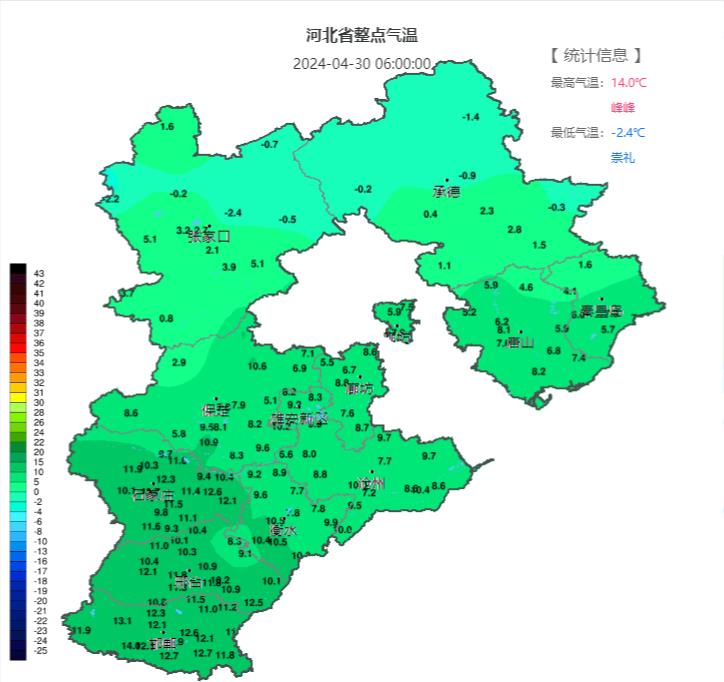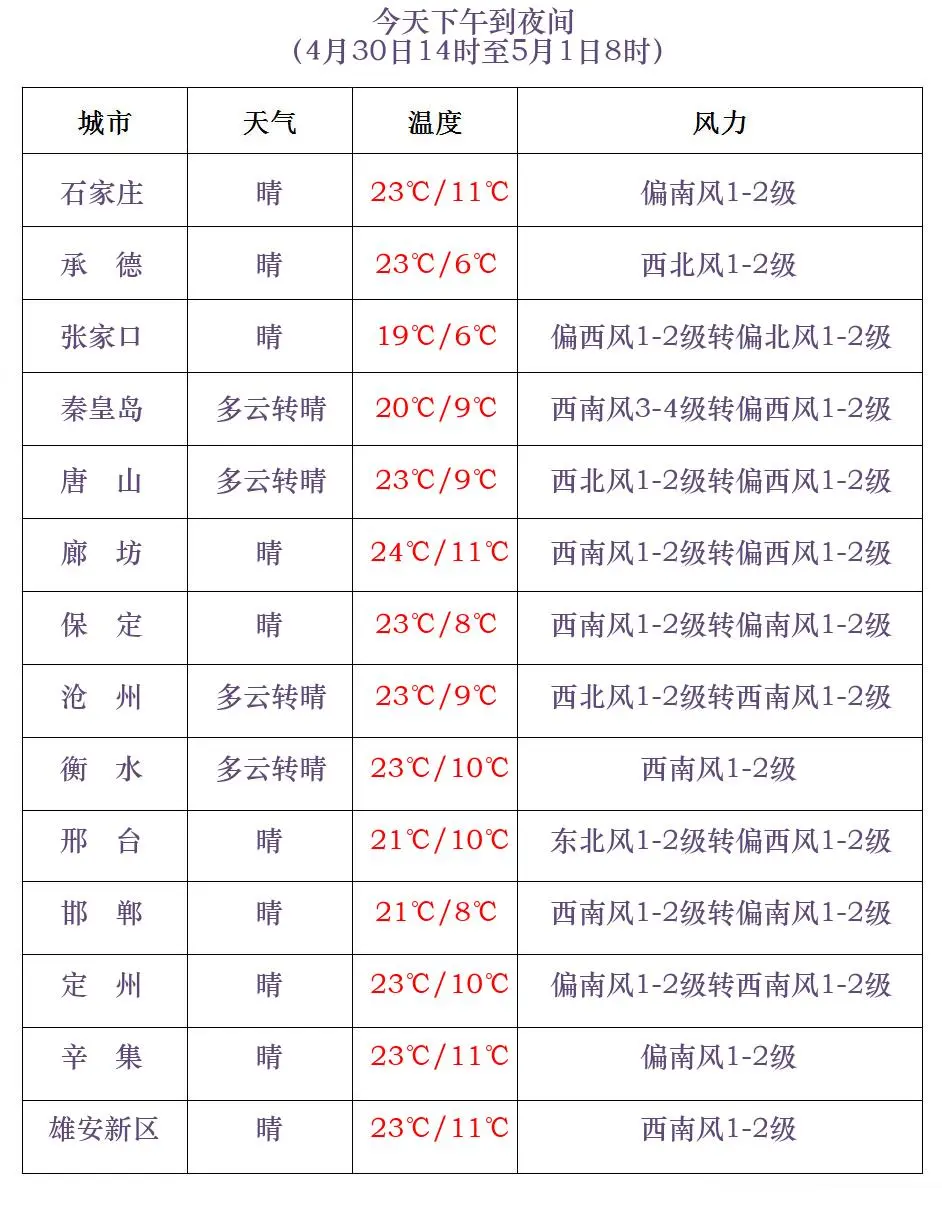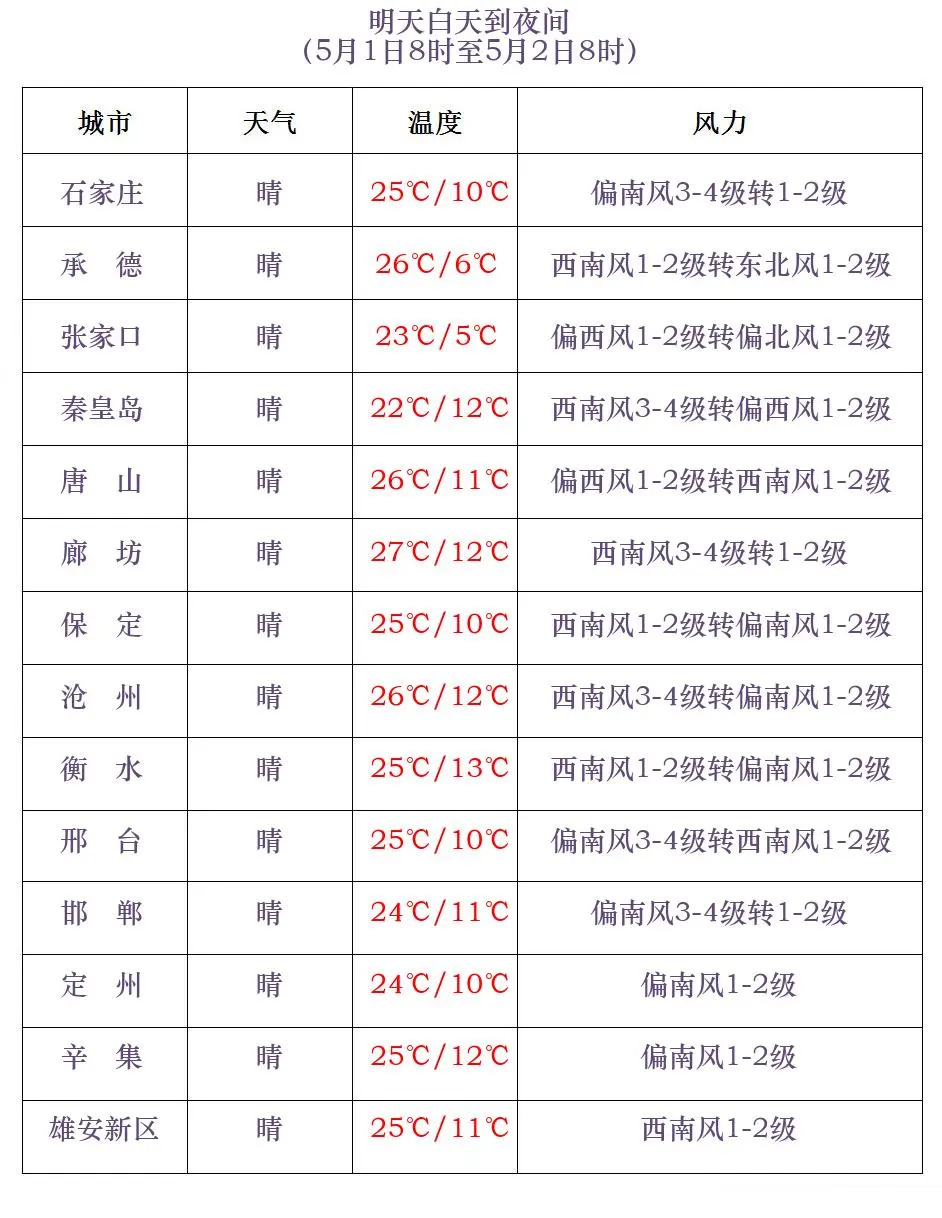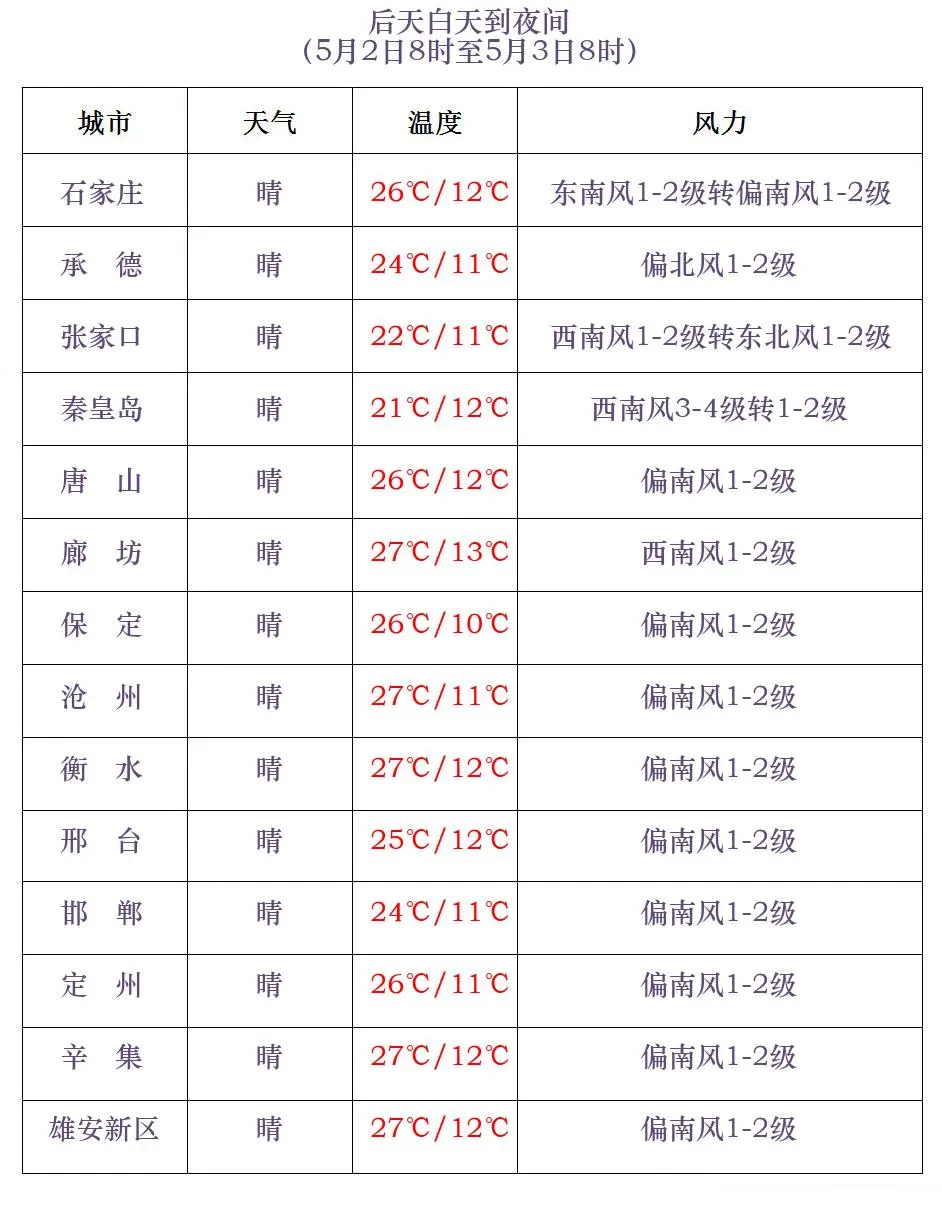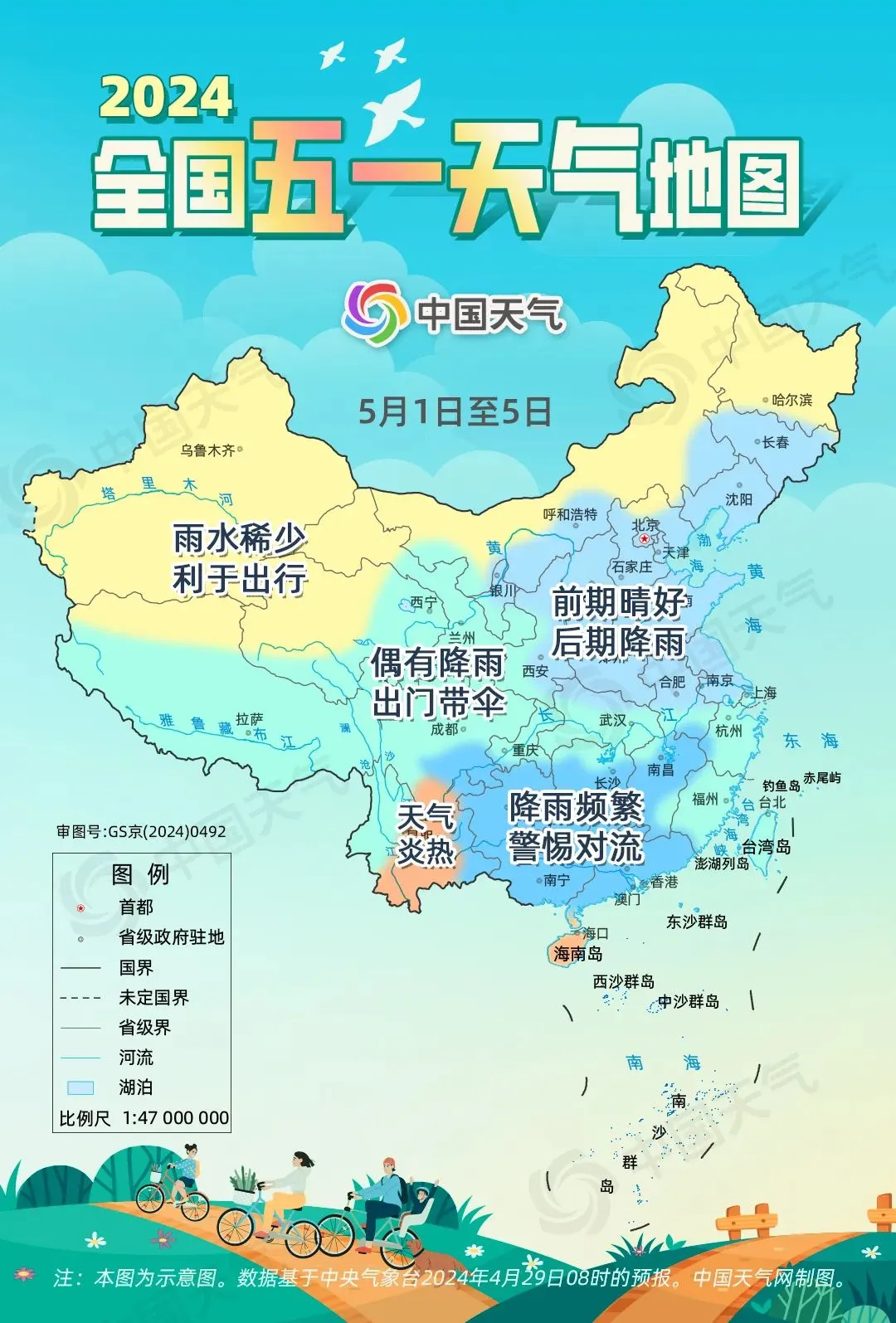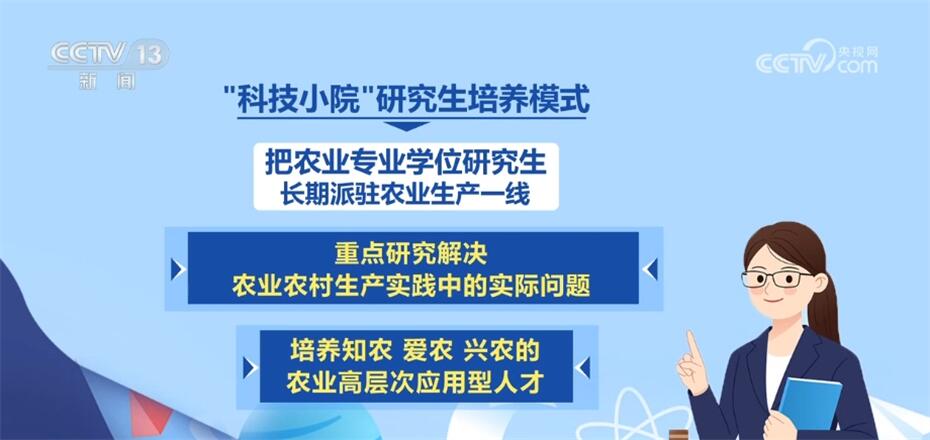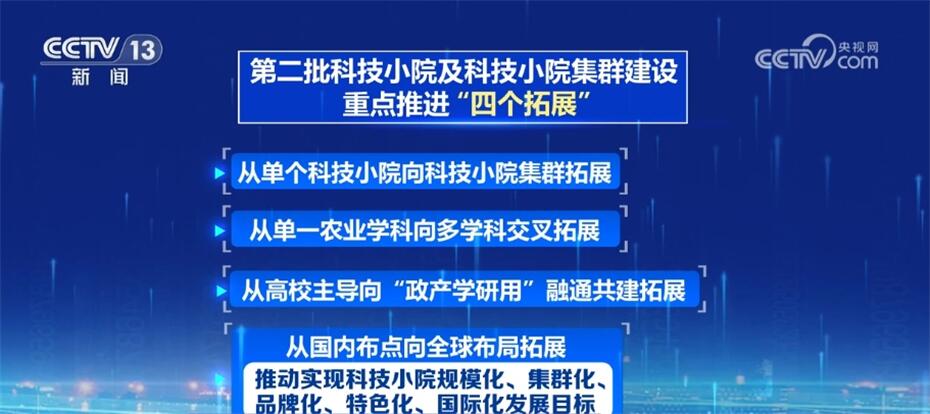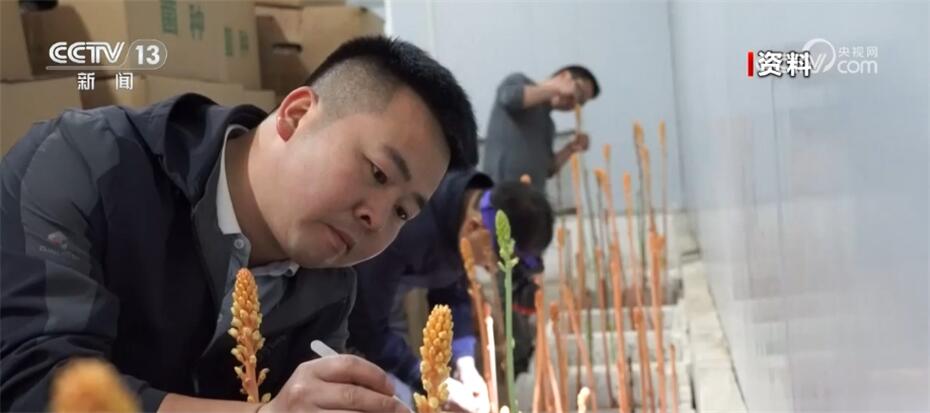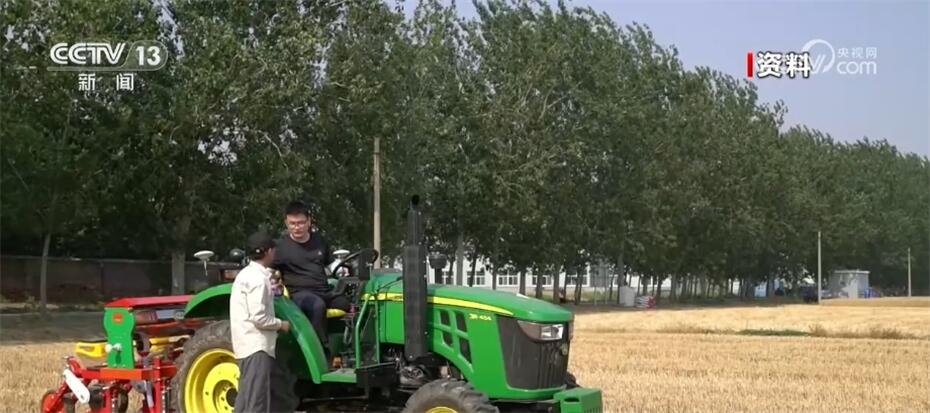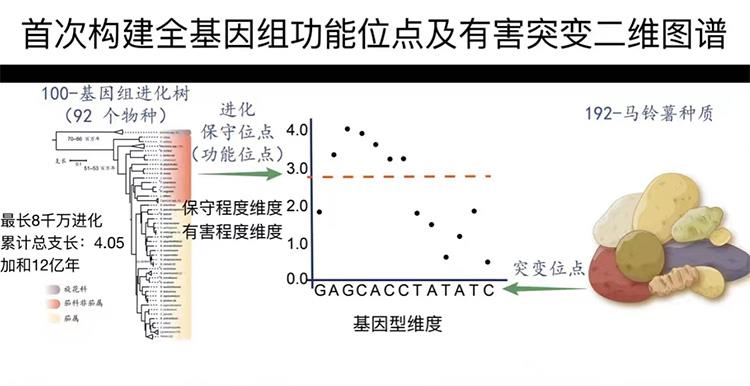Chongqing Qiuer Restaurant is famous for its chicken soup. Many friends who love chicken soup like their "stewed chicken soup" and "stewed chicken soup with cuttlefish". I don’t know if you have noticed, but the chicken soup in Qiuer Restaurant is different from other chicken soups in Chongqing, and it is even more different from all kinds of chicken dishes which are famous for their popularity and heavy taste. Yes, the chicken soup in Qiuer Pavilion is now in the southwest. However, tracing back to the source, this bowl of chicken soup, which has won many times as a "famous snack" in Chongqing, is actually delicious from the north, with royal blood flowing on its body.
The story begins more than a hundred years ago.

Mikuriya chuan craft
At present, the signboard of Qiuer Pavilion reads "1949 Secret Chicken Soup" in black and white, but the secret history of this bowl of chicken soup is even earlier.

During the Guangxu period of Qing Dynasty, Li Laosan, a native of Baxian County, Chongqing, was a good cook. In his early years, he was elected as a chef in the imperial dining room of Beijing Palace, and the dishes he made were all kinds of dishes, which was deeply appreciated by Emperor Guangxu. In particular, the chicken soup stewed by the "Imperial Copper Furnace Stewing Chicken Method" was more popular with Emperor Guangxu.
After the failure of the Reform Movement of 1898, Emperor Guangxu was placed under house arrest in Yingtai. Li Laosan lost his main client and could only work as a cook in the ordinary kitchen in the palace, with no future. When Eight-Nation Alliance invaded Beijing, Empress Dowager Cixi fled the capital with Emperor Guangxu and a group of ministers, not to mention those other people in the palace. Li Laosan was forced to leave the palace and make a living by himself. However, he has no relatives and friends in Beijing, and he has no business capital. He can’t display his good cooking skills, so he has to live in a small restaurant run by Han people in the south of the city to help him do odd jobs and make ends meet.
One day, a military attache named Hande said came to the small restaurant. This man, whose ancestral home is Yidu, Hubei Province, was admitted to the Governor’s Office as a bodyguard when Zhang Zhidong was governor of Huguang. Because of his loyalty and outstanding martial arts, he won Zhang’s trust and was employed for a long time. Zhang Zhidong was promoted to minister of military affairs and took office in Beijing. Hande said that he would accompany him.
Hand said that he happened to eat in this small restaurant that day and chatted with Li Laosan. He lamented that he had a good cooking skill, so why not open his own shop? Knowing Li Laosan’s difficulties, Hande recommended it to Zhang Zhidong to make Li Laosan a full-time chef in the Military Minister’s Office. Li Laosan re-displayed the craftsmanship in the Qing Palace, and Zhang Zhidong ate three meals a day and kept it in the government with a high salary.
Shortly after Zhang Zhidong’s death, the Revolution of 1911 broke out and Emperor Xuantong abdicated. The former military minister’s office was dissolved, and the guard Hande said that both Li Laosan and the chef were repatriated to their original places. Hande said that he would return to Hubei to continue to be a soldier in the new army, while Li Laosan returned to his hometown of Ba County. When leaving, in order to thank Hande for his help, Li Laosan passed on the secret of "Stewing Chicken in Imperial Copper Furnace" in Qing Palace. The bronze stove that was brought out of the palace and engraved with the words "Guangxu Imperial Chef" was also presented. Li Laosan later died of illness in his hometown of Ba County.
Dajiangkai restaurant
Hande called Ben a samurai and served in the army for a long time. At first, he didn’t have the idea of opening a restaurant. It’s just that he also likes cooking and moves around with the army. As long as the environment is stable and his family is reunited, he always cleans up the imperial copper stove and cooks a chicken to comfort himself and his family.
Twenty years later, War of Resistance against Japanese Aggression broke out, and Hande said that he had participated in the front-line anti-Japanese war with the army and had experienced the test of bullets and was promoted to major general brigade commander. Later, the 10th National Army he served suffered heavy casualties and was scattered in Henan. Hande said that he retired to Chongqing with the commander of the army. The 10th Army is a local miscellaneous army, which has always been excluded by the Huangpu clique. After the army broke up, it was quickly revoked by the Military Commission, and the commander was transferred to other posts, while the rest of the officers were discharged. Hande, who lost his military post, said he had to find a job for himself. He used his savings for many years to open a small restaurant named "Qiu San Guan" in the Xinsheng Market in Chongqing (now the location of Jie Fangbei Meimei Times Department Store).
Many people don’t understand the name of this restaurant and ask about its origin. Hande said that he laughed at himself: "I was born as a soldier, and I was a soldier." Now that I am not a soldier, there are three left after Qiu Ba retired, so I am called Qiu San. "
The main recipes of Qiusan Pavilion are stewed chicken soup and noodle soup. He displayed the bronze stove of "Guangxu Imperial Chef" presented by Li Laosan in the store, and the gold plaque of "Qing Palace Imperial Chef" hung in the main hall was particularly eye-catching. At the beginning of his business, he personally took charge, from material selection to stew. In the production, he applied the secrets taught by Li Laosan to practice and strived for perfection.
Hande said that strict rules should be followed. One is strict selection of materials, and domestic chickens with a growth period of not less than 9 months must be used. Secondly, it is carefully processed. Killing the chicken can’t choke blood, and depilation can’t hurt the skin. First, soak the chicken in cold water to remove fishy smell, gradually heat it, remove the blood bubbles, and then rinse it. The third is to ensure the original flavor, stew 10-15 chickens in a large pot, add Li Laosan’s secret ingredient, and never add water halfway. Fourth, the heat is strict. Boil it with a big fire, and then simmer it slowly with a small fire (in the past, alcohol was used as fuel and put it in a copper furnace to control the firepower), which usually takes four hours. The fifth is rationing, which is sold in the morning at night and in the afternoon at morning. In order to ensure the quality, each chicken is only sold in 4 portions, with two legs and two wings and a chest. The sixth is to pay attention to the beauty of food, with large celadon bowls, soup filled with 80%, plump and fresh, high quality and mellow taste.
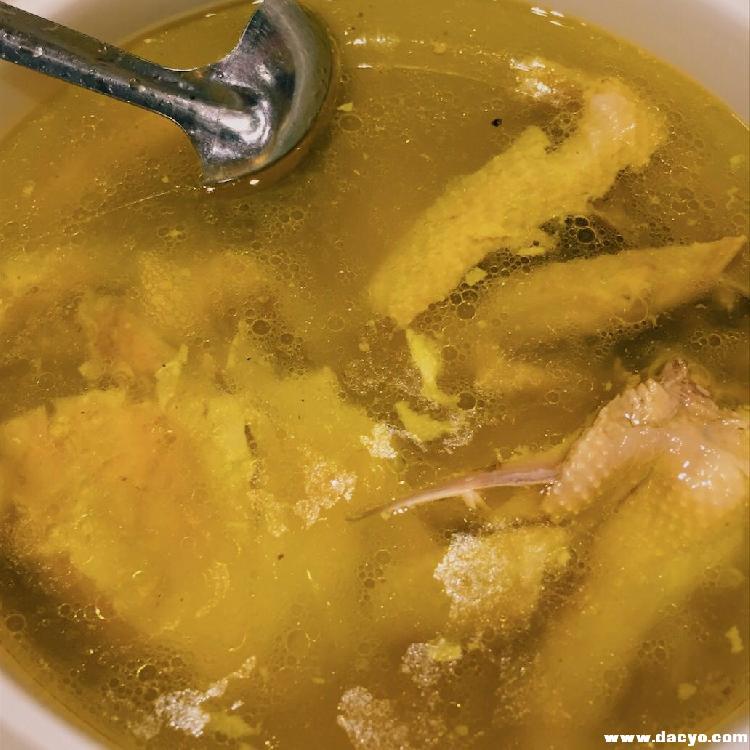
According to the records, the store is listed in the store every day, and it is clearly stated: "Today, there are 40 stewed chicken soup, each of which is priced at one yuan and fifty cents; 80 portions of stewed chicken noodles, each priced at 50 cents; 80 portions of sea cucumber chicken soup noodles, 35 cents each, while stock lasts. " No matter how good the business is, it will not increase the supply. Such a price was high at that time, but diners rushed to buy it, and even dignitaries sent servants to the store to serve soup. Usually it will be sold out in less than an hour in the morning and afternoon, and many people come here and leave disappointed.
After just four years of opening, Hande said that he earned a lot of money. On the eve of liberation, he transferred the store to his disciple and buddy and went back to his hometown in Yidu, Hubei Province to recuperate.
Minister for dinner.
Hande said that he had accepted six disciples and taught the secrets to disciples Wang Zhankui, Li Xudong, Zhao Shaowu and others. Since then, Li Xudong passed Luo Zhifang; Luo Zhifang also passed on Kang Changrong and Gong Zhiping.
Starting from Li Xudong, the Qiusan Pavilion was split, and the Qiuer Pavilion continued to this day.
It turns out that Hande said that after leaving Chongqing, his inheritors Wang Zhankui, Li Xudong, Zhao Shaowu and others disagreed and broke up. Wang Zhankui, the eldest disciple, became the boss of Qiusan Pavilion, while Li Xudong, Zhao Shaowu and others also set up their own stalls and shops, and opened a shop on Qingnian Road, which was named Qiuer Pavilion. Chongqing is commonly known as "Qiuer", which not only shows that its founders were originally wage earners, but also implies that its inheritance is related to Qiuer Pavilion.

△ Ren Baige
In 1952, Qiuer Pavilion was moved to Wuyi Road for operation, facing the Qing Theater (later changed to Wuyi Cinema). At that time, Ren Baige, then the propaganda minister of Chongqing Municipal Committee, was very concerned about sorting out and modifying the traditional repertoire of Sichuan Opera. In his spare time, he often went to the "Chongqing Theater" to watch plays, and after reading it, he also held a live meeting to make comments and suggestions. When Bai Ge returned from a business trip, he went to the theatre without eating dinner. During the intermission, he went to the "Qiu Er Guan" to buy a bowl of noodles, saying that there was soup and noodles to solve his hunger and thirst.
Once renamed and closed down.
In 1956, it was a public-private partnership, and the Qiuer Pavilion was gradually nationalized. In 1972, Qiusan Pavilion was removed due to the adjustment of commercial outlets and merged into Qiuer Pavilion, and its main store was moved to Heping Road.
During the Cultural Revolution, the name of "Qiuer Pavilion" was once renamed as "brand-new food shop", but it was only restored in 1979, and the variety increased, including shredded chicken, spicy chicken pieces, chicken soup wonton soup, etc., and the business became more prosperous. At that time, Qiuer Pavilion had become the most well-known time-honored store, but during 1994-1998, the Wuyi Road area was built and Qiuer Pavilion was built. In 1999, it reopened in Xiaomi City and was also included in the state-owned enterprises. In the six years after 2005, 8 stores were opened in various districts of Chongqing.

In 1958, 1964, 1980 and 1984, Qiuer Restaurant Stewed Chicken Soup was rated as "Special Flavor", "Famous Snack" and "Famous Snack" in Chongqing for four times. In 2001, it was rated as a famous restaurant in Chongqing. In September, 2000, it won the title of "Chinese Famous Snack", and in 2009, the secret stewed chicken soup in Qiuer Pavilion was officially listed in Chongqing’s "Intangible Cultural Heritage Protection List".
Persistence and innovation
From the imperial delicacies of Emperor Guangxu, to the delicacies of ordinary people, from the "royal copper furnace chicken stew method" to the secret chicken stew soup, this bowl of chicken soup has passed through the temples and rivers and lakes for a hundred years. Nowadays, the citizens who eat the chicken soup in Qiuer Pavilion will be amazed. A bowl of chicken soup that looks very clear can eat a strong fragrance. As a municipal intangible cultural heritage, the stewed chicken soup in Qiuer Pavilion does have a secret. Now, the person who inherits this secret is Gong Zhiping, the fourth generation successor and chef of Qiuer Pavilion.
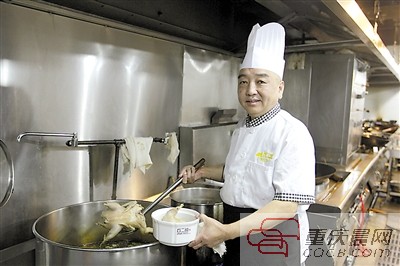
Gong Zhiping, a national first-class cook (the highest technical level in the Chinese food industry), was awarded the Golden Chef Award by the China Cuisine Association in June 2014 for his contribution to the protection of the intangible cultural heritage of the chicken stew in Qiuer Restaurant.
What contribution did Gong Zhiping make?
Before cooking chicken stew, it was hung in a copper stove. He boldly put forward innovation. In order to solve the problem that copper will decompose some harmful substances when it meets high temperature, he changed the copper furnace into a casserole, and the secret process took more than 4 hours.
More importantly, after consulting with the great chefs and adding his own experience in Sichuan cuisine for more than 30 years, Gong Zhiping boldly changed the original stewed chicken into a cock-hen stew, which enhanced the fragrance of the cock and the freshness of the hen. His bold and unique approach has made the chicken soup boiled out highly recognized by fellow masters.
As a generation of catering master, Gong Zhiping said that there is no trick to stew chicken soup. The key is to stew it with your heart. For example, in the selection of materials, chickens that are a few months old will definitely not work, and chickens that are at least one year old will not be added with any food additives. Even salt is not advocated. Therefore, there is always a bottle of seasoning salt on the dining table of Qiuer Pavilion. Customers who need it can put it themselves. "With additives, chicken soup can become very white in two minutes, while the chicken soup in Qiuer Pavilion is clear and oily, but it tastes mellow and sticky." Gong Zhiping said that few restaurants are willing to simmer chicken soup for more than 4 hours.
At the same time, in order to make the chicken taste more delicious, he said, the chicken soup in Qiuer Restaurant is first boiled with a big fire, after removing the blood bubbles, then simmered with a small fire, and then the whole chicken is removed and simmered separately, so that the chicken tastes soft and won’t get old.
"If you keep stewing with a big fire, the chicken will taste very old; In order to save time, some restaurants fish up the chicken and pat it to make it soft. " Gong Zhiping said,If there is a secret to chicken stew, then the greatest secret is heart..
Information sources: chongqing morning post, Chongqing Political Consultative Conference Daily, Dayu.com, Baidu Encyclopedia, Public Comment Network, Baijiahao "Donglian Xiaole", etc.

